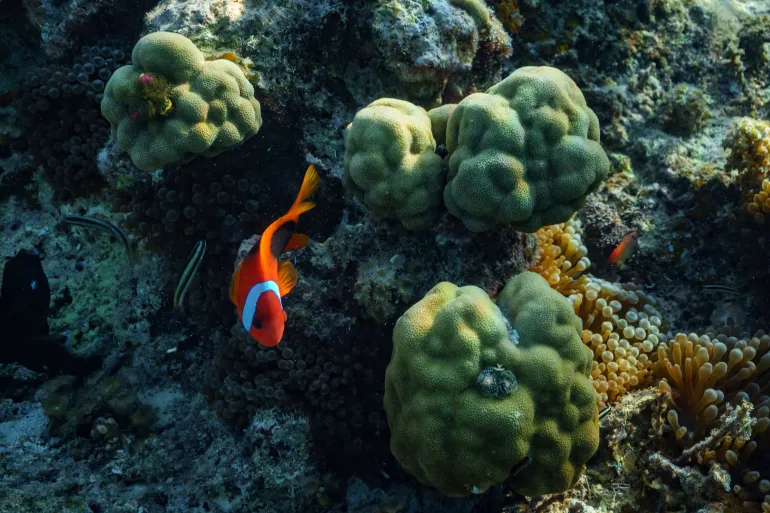The world’s first-ever treaty aimed at protecting marine biodiversity in international waters will officially take effect on January 17, 2026, after Morocco became the 60th nation to ratify the agreement.
Covering nearly two-thirds of the world’s oceans and potentially up to 10 million species—many still undiscovered—the treaty marks a historic step in global ocean conservation.
The Marine Biodiversity Treaty sets binding rules to conserve and sustainably use marine ecosystems, create protected areas, share benefits from marine resources fairly, and promote scientific research and capacity-building.
UN Secretary-General Antonio Guterres called it “a lifeline for the ocean and humanity,” highlighting its role in tackling climate change, biodiversity loss, and pollution.
While 60 countries have fully ratified the treaty, another 122 nations and the European Union have signed, signaling intent to join. However, the treaty relies on individual nations to enforce its provisions, such as monitoring ships flying their flags, making universal ratification critical.
Environmentalists warn that deep-sea mining, which some countries are eager to expand, poses significant risks to marine life, including rare corals and deep-sea species.
Thirty-eight countries—including the Marshall Islands, Vanuatu, Brazil, and the United Kingdom—are calling for a moratorium on deep-sea mining until its ecological impacts are fully understood.
The treaty also establishes a Conference of the Parties (COP) to coordinate with global and regional organizations like the International Seabed Authority, ensuring that high seas governance is equitable and science-driven.
“This is a milestone for ocean protection and a collective commitment to safeguard marine biodiversity beyond national jurisdiction,” Morocco’s UN mission said in a statement.
Environmental advocates, including Leneka Rhoden of the High Seas Alliance, emphasized that the “true test” will come during implementation, as communities worldwide depend on healthy oceans for food, livelihoods, and cultural identity.
The treaty represents a rare moment of global consensus on the oceans, following challenges such as stalled UN talks on plastic pollution and disputes over maritime fuel emissions standards.
As climate change intensifies and human activities threaten the seas, experts say the treaty’s success will depend on political will, transparency, and global cooperation.



